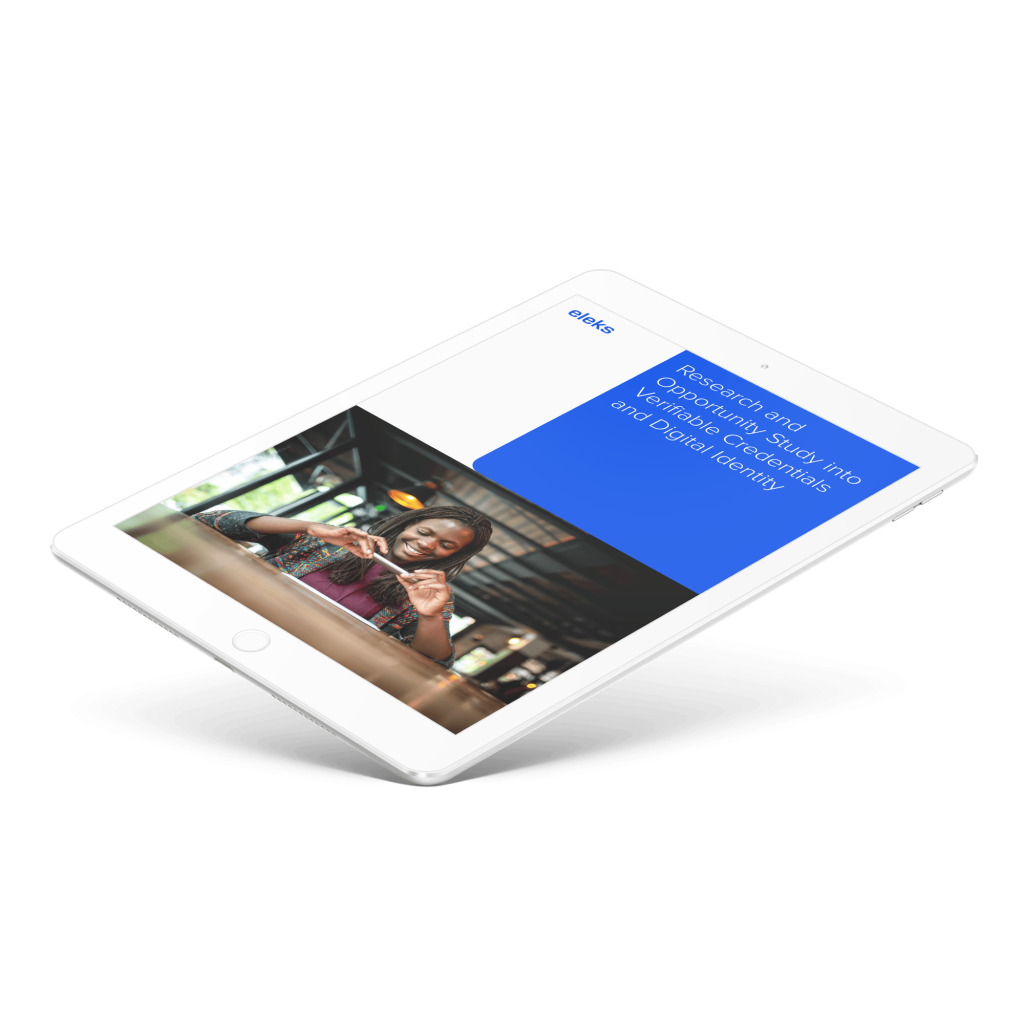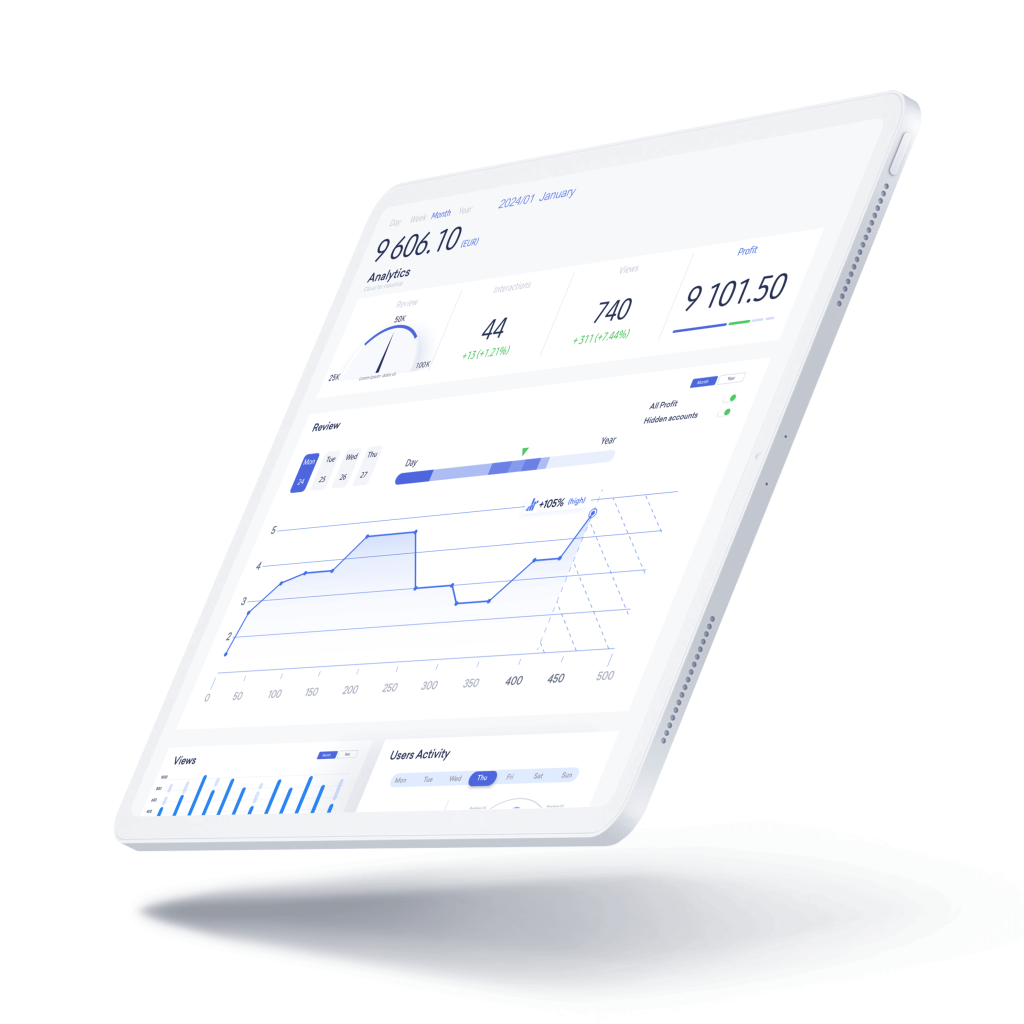
The era of the connected car
In 2019, an estimated 28.5 million connected vehicles were sold globally. With the rising number of automobiles on the road, containing millions of lines of software code and embedded with hundreds of information-collecting sensors, original equipment manufacturers (OEMs) and suppliers must now prioritise in-car data management and security. This is where blockchain for connected cars comes to the fore.
Equipped with IoT devices, sensors, WiFi and other state-of-the-art technologies, modern-day vehicles can recognise their surroundings and interact with them accordingly. Connectivity allows a vehicle to open a garage door, book a table for dinner, proactively check for remote software updates – without the driver so much as having to leave the front seat.
The potential of blockchain for the automotive industry
Blockchain is a decentralised online database that allows individuals to maintain data sets submitted by others, via a personal computer. Each block in the chain contains new information, plus the information from the previous block. Thus, the data is resilient to change and better protected against cyber threats.
Blockchain-powered technology is taking the driving experience to a new level. OEMs have already begun exploring the many applications of blockchain for connected cars and started actively looking for technology partners providing blockchain development services. According to Allied Market Research, the market is set to reach $428.57 million in 2020. By 2030, this booming industry is expected to be worth a staggering $5.61 billion.

Top 6 uses of blockchain for connected cars
Shared ledgers have many applications for the automotive industry, and the list just keeps getting longer. For now, let’s take a look at the six most common benefits blockchain solutions can have for the automotive sector.
1. Making in-car payments safer
The number of cyberattacks registered on connected vehicles was seven times higher in 2019, compared with data from 2016. This raises security concerns among both drivers and OEMs. A distributed ledger – blockchain – helps safeguard data from hackers using the highest level of security currently available. Once data is validated and added to the block, it becomes nearly impossible to alter it.
On the back of this revolution in security, some car manufactures have announced the introduction of in-car payments. In-vehicle e-wallets will allow motorists to make transactions without getting out of their car. Honda, for instance, has developed a suite of apps which enable users to make reservations, purchase movie tickets and far more, via the vehicle’s navigation system.
There is, however, concern over the safety, security and usability of these futuristic payment technologies. Blockchain solutions can make in-vehicle financial transactions more secure and ensure that payment reaches the recipient. Smart contracts, which run on the blockchain, can transfer an amount of money from the user’s account to a recipient’s, in order to charge the car or pay for parking and insurance, etc.
2. Increasing visibility of the supply chain
Automotive parts are frequently counterfeited. Car tire manufacturers lose nearly €2.2 billion a year, and car battery manufactures, up to €180 million, on account of fake automotive components. Aside from the financial losses incurred by genuine manufacturers, counterfeit parts pose an enormous danger to drivers. In India, 20% of accidents are caused by fake automotive components.
The transparency offered by blockchain allows car components to be tracked from the manufacturer to the supplier and then the end-user. Using a distributed ledger helps prevent data manipulation and verifies the authenticity of vehicle parts, since every action and movement is recorded throughout the entire journey – from manufacturing to purchase.
3. Streamlining the vehicle recall process
According to the Automotive Defect and Recall Report, 28 million vehicles had to be recalled in 2018. Recalling vehicles is a complex and expensive process, which blockchain can improve. A blockchain-based record helps identify only those vehicles which need to be recalled, minimising both the costs for manufacturers and the inconvenience for drivers.
By putting data through a blockchain-based protocol, each car part obtains a unique identity number which is recorded and traceable in the ledger. Manufacturers are able to store data about their products and, once a vehicle has to be recalled, those with faulty components can be easily found.

4. Reshaping car insurance
Blockchain-stored data allows insurance companies to personalise the issuing of policies and the claims management process, based on an individual’s driving behaviour rather than their driving history. Embedded sensors gather data on things like acceleration and braking behaviour, vehicle speed, mileage, a driver’s location etc, which is securely stored via the blockchain and can be accessed by the insurer when needed. This is often referred to as “black box” or telematics insurance.
Access to this type of driver information can also help to streamline the vehicle insurance claims process. Special rules for road traffic accidents, regulated by blockchain-powered smart contracts, can provide insurance companies with information relevant to an accident, once it has occurred. Furthermore, the fact that this information can’t be tampered with makes the process of submitting a claim far easier.
5. Enhancing the car-sharing experience
Autonomous cars powered by blockchain technology can change the way we share our rides. Smart contracts can eliminate the need for a middleman between rider and driver, by establishing secure direct transactions once certain conditions are met.
For example, a driver receives full payment when the rider reaches the destination, or part-payment if a rider cancels a trip. Moreover, a blockchain-based platform can provide information about drivers’ and riders’ reputational score, costs, quality of service, etc, without any intermediary between the parties.
Additionally, blockchain can enhance a vehicle’s shared ownership. Blockchain can store and update information about a driver’s licence, car maintenance, driving behaviour and more. Thus, everyone can have easy access to proof of who they’re sharing a car with, via blockchain technology.
6. Transferring ownership
The current model for the transferal of car ownership is a paper-based and, often, lengthy process. Blockchain can significantly streamline ownership transfer from one individual/company to another. All relevant information, including car condition, accidents, damage, service history, part repairs and replacements can be held in blockchain, providing a trusted information source which can be quickly and reliably checked.
Conclusion
The rationale for using blockchain for connected cars is considerable. This transparent system, which allows users to manage and store data in a more efficient way, provides businesses with a distinct competitive advantage and many growth opportunities.
ELEKS helps clients evaluate their company’s readiness to adopt, develop and implement a blockchain strategy. If you’re ready to scale up your business and get ahead of the competition, get in touch with us today.
Related Insights








The breadth of knowledge and understanding that ELEKS has within its walls allows us to leverage that expertise to make superior deliverables for our customers. When you work with ELEKS, you are working with the top 1% of the aptitude and engineering excellence of the whole country.

Right from the start, we really liked ELEKS’ commitment and engagement. They came to us with their best people to try to understand our context, our business idea, and developed the first prototype with us. They were very professional and very customer oriented. I think, without ELEKS it probably would not have been possible to have such a successful product in such a short period of time.

ELEKS has been involved in the development of a number of our consumer-facing websites and mobile applications that allow our customers to easily track their shipments, get the information they need as well as stay in touch with us. We’ve appreciated the level of ELEKS’ expertise, responsiveness and attention to details.

